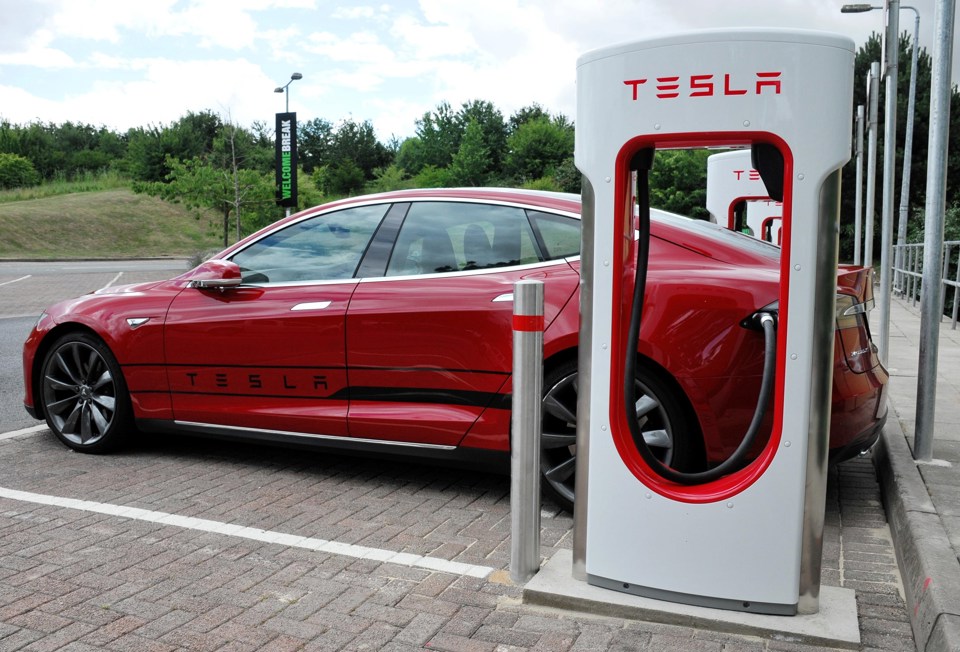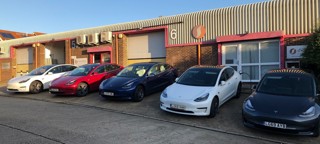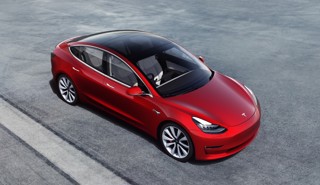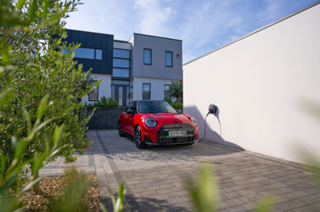Tesla is launching a trial in the Netherlands to allow other electric vehicles (EVs) to use the manufacturer’s Supercharger network.
It plans to open 10 locations in the Netherlands for the pilot programme, with the manufacturer monitoring take-up.
The system will work through a Tesla app and tariffs will be at a premium compared to Tesla car customers.
As it stands, Tesla customers are charged two different rates depending on charging speeds, with the switch point to the higher tariff being above 60kW.
All Tesla Superchargers are capable of 150kW charging, with a new generation of V3 chargers coming online with up to 350kW – a rate higher than any battery electric vehicle (BEV) is capable of receiving, yet.
All Superchargers, regardless of version, are compatible with most CCS-capable BEV models, which has become the non-official standard for most European manufacturers.
However, Tesla has not offered any more detail of whether the 20,000 strong global network will also open up to support other vehicles.
Filip Klippel, automotive manager at Here Technologies, says if Tesla opened up its network to other EV drivers it would make great strides in increasing the number of charging stations across Europe, which will directly address an integral infrastructure issue regarding EV charging stations.
“The UK currently leads the way in the number of charging stations in Europe, but there’s still a way to go to build the infrastructure required for the ban on petrol and diesel cars in 2030,” he said.
“With less than nine years remaining, the Society of Motor Manufacturers and Traders (SMMT) estimates that around 2.3 million charge points, with 700 being added every day, will be needed to sufficiently meet this target and deliver the so-called green industrial revolution.
“London is setting an example for the rest of the UK and while it has around 6,000 EV charging stations, many of which feature multiple charge points, the SMMT numbers show that rapid growth is required to be on top of this.”























Login to comment
Comments
No comments have been made yet.